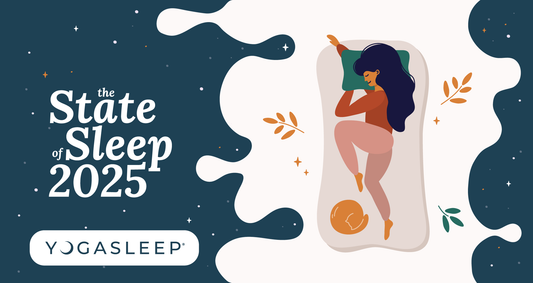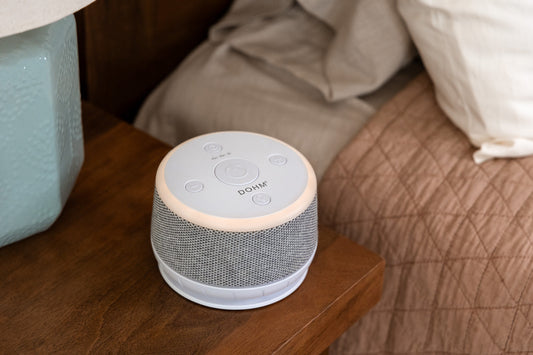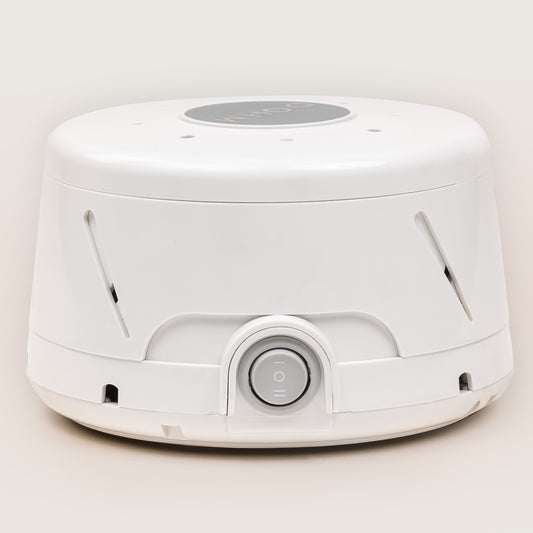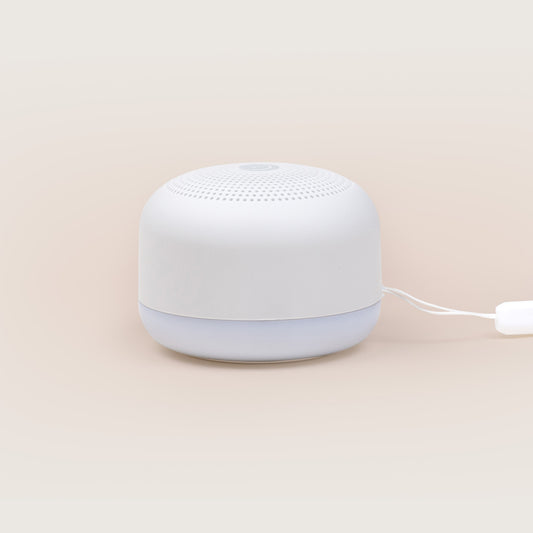
4 Ways to Reduce Anxiety and Get to Sleep
We know the routine - you’re getting ready for bed but your mind won’t shut off. To-do lists, news headlines, the works, are racing through your brain right when you’re supposed to get shut-eye.
The definition of anxiety means to worry about something with an uncertain outcome, and it’s more common than ever before. In fact, anxiety disorders are the most common mental illness in the United States affecting 40 million adults - or 18% of the US population - every year. And it wreaks serious havoc on our sleep routines, leading to lack of sleep, which can create even more feelings of anxiety. The following are four simple tactics you can try to tamp down anxious thoughts before bed. Give them a try tonight - you never know which one works for you!
Minimize Screen Time in the Bedroom
Our cell phones, tablets, and computer screens all emit blue light, which has a short wavelength and produce higher amounts of energy. According to Harvard Health Publishing, exposure to blue light affects your circadian rhythm and can throw your sleep schedule out of whack. We’re now exposed to more blue light than ever before. Protect your natural sleep rhythm by minimizing screen and cell phone use in the bedroom. Try to keep your computer out of your bedroom and read a book - rather than staring at a screen - to wind down. Plus, this reduces the chance of scanning upsetting headlines around bedtime which can stoke worry.
Do Yoga or Light Stretching Before Bed
A national survey found that over 55% of people who did yoga reported it helped them sleep better and over 85% said it helped them beat stress. The benefits of yoga on mental health and sleep are well-documented. And, you don’t need to be a master yogi to gain the benefits of yoga to sleep!
A simple series of accessible yoga poses and stretches done in the hour or so before bed can help quiet your mind. Plus, moving your physical body (in any way) helps you refocus your repetitive thoughts. Try this easy, 20-minute practice by Yoga for Adriene for anxiety. (It’s free!).


Take Action on a Few To-Dos
If you’re worried about a specific project, task, or deadline sometimes just the act of writing down and putting words to what is weighing on your mind can take away some of its power. Writing down or journaling your challenges can help you reframe them and see them more clearly. Once you see what is stressing you on paper, it may help you realize that it’s not as scary or anxiety-inducing as you previously thought. This approach is especially good for folks who thrive off of problem-solving. Try leaving a notepad or journal on your bedside table and do some light journaling before sleep.
Try Meditation
A 2014 study done at Johns Hopkins found that mindful meditation can help ease psychological stresses like anxiety and depression. Out of all of these suggestions, we agree that meditation seems like the most intimidating, but keep in mind you may have tried it already. Have you ever closed your eyes and taken a deep breath in a moment of feeling overwhelmed? Well, that was a mini-meditation! To get started, find a guided meditation recording online and try a short meditation. It’s also important to find a recording or meditative mantra that speaks to you (otherwise, you probably won’t stick to the routine.)













